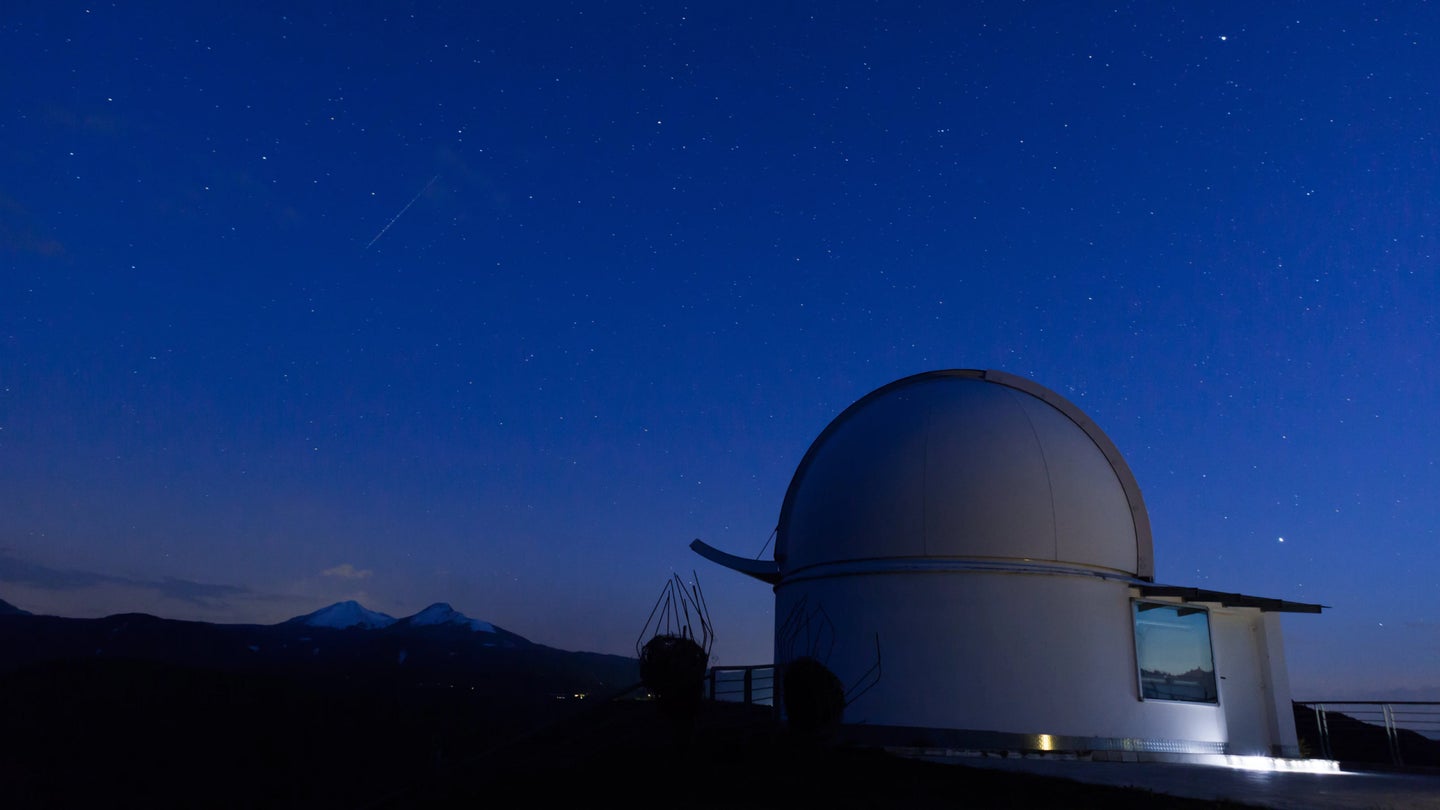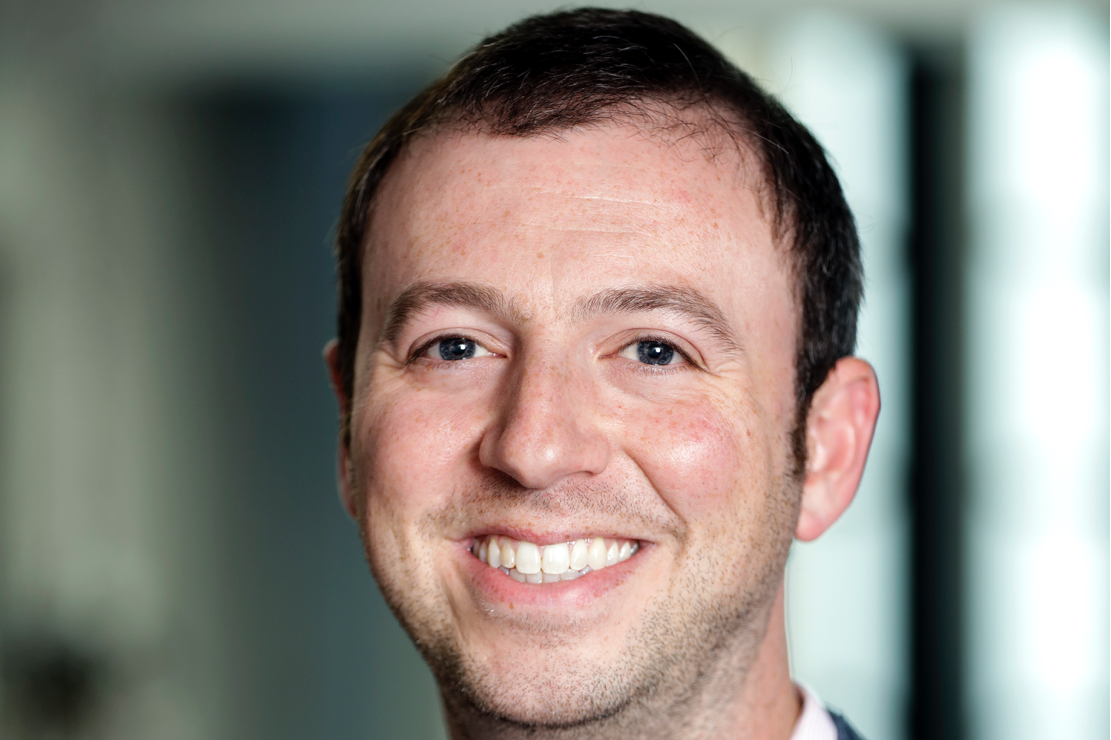Announcing the Techstars Space Accelerator Fall Class of 2024
Sep 09, 2024

LOS ANGELES (September 9, 2024) – Techstars Space Accelerator is proud to announce the 12 startups selected for the Fall Class of 2024. These passionate teams with strong technical backgrounds are going after big ideas in aerospace, including quantum technology for secure communications, AI-driven satellite data processing, in-space infrastructure for research, and reusable launch systems.
Taking place in the thriving tech ecosystem of Los Angeles, the three month mentorship-driven program is bringing together founders from across the globe, along with a strong US presence. This class also continues to build on our commitment to investing in diverse and underrepresented teams. Of the 12 companies, 7 are led by founders that identify as underrepresented. Thank you to our partners, mentors, and Techstars alumni who help to make Techstars Space successful.
Demo Day is scheduled for a special in-person event on December 5th, 2024! Founders will have an opportunity to pitch their businesses to a community of investors and mentors.
Introducing our Fall 2024 class for the Techstars Space Accelerator!
Astron Systems (Oxfordshire, United Kingdom)
Fully reusable rockets for dramatically more affordable, responsive, and sustainable orbital launch of small satellites, along with medium-duration microgravity and safe return capabilities.
ATRX (Huntsville, AL)
Building the world’s first horizontal launch single-stage-to-orbit space plane that can take off and land on any runway in the world.
ColliMate Space (Santa Clara, CA)
Next generation operations software platform, founded upon composite AI/ML based systems to make managing ground and space assets cheaper, faster, and more intelligent.
Cryptosat (San Francisco, CA)
Provides orbital compute and connectivity for satellites, using space-hardened GPUs and TPUs to run AI directly at the data source, with real-time intelligence delivered back to the ground.
Mithril Technologies (Cambridge, MA)
An advanced space-based reflector with active surface correction, improving atmospheric monitoring for climate resilience, enhancing satellite communications, and boosting global intelligence capabilities.
Pramatra Space (Bangalore, India)
Building satellites to distribute secure keys through quantum entanglement, with the goal to protect enterprise data and enhance resilience against quantum threats.
Pulse Space (Bellevue, WA)
Developing scalable on-demand power and space situational awareness services in orbit, ensuring power availability when needed while also addressing space debris.
reOrbital (Chicago, IL)
A reusable orbital platform that offers fast, cost-effective access to space, supporting launch, in-orbit operations, reentry, and payload recovery.
SkyServe (Cupertino, CA)
Sensor-agnostic satellite data systems optimized for space, delivering near real-time monitoring, autonomous cross-constellation tasking, and extreme data compression across multiple missions.
Space Rickshaw (Chennai, India)
Unmanned space labs and re-entry capsules for diverse applications, offering modular, multi-payload platforms with end-to-end services, ensuring fast, affordable access to destinations like LEO and HEO.
Spiral Blue (Sydney, Australia)
Satellite constellation with LiDAR-hyperspectral technology for earth observation and environmental monitoring, including carbon market assessment, defense, city planning, and disaster management.
VXB Aerospace (Sydney, Australia)
Reimagines the economics of advanced space hardware production, enabling rapid development and adaptation.
Meet the Managing Director

Matt Kozlov
Matt is the Managing Director of Techstars Los Angeles powered by J.P. Morgan, Techstars Los Angeles Accelerator, and Techstars Healthcare sponsored by Cedars-Sinai, Point32Health, UCI Health and UnitedHealthcare. Prior to joining Techstars Matt was the Head of Corporate Development at Telesign, a leading antifraud firm and one of LA’s fastest growing technology companies (acquired by BICS). Previously he was CEO of Moonshark, a venture backed by Creative Artists Agency (CAA) and Qualcomm bringing to market original mobile entertainment. He has also worked at Sony Music Entertainment (VP, Web & Mobile Products), Yahoo! (corporate strategy, product development) and Bain and Company (management consulting). He graduated from Harvard, where he studied economics.
